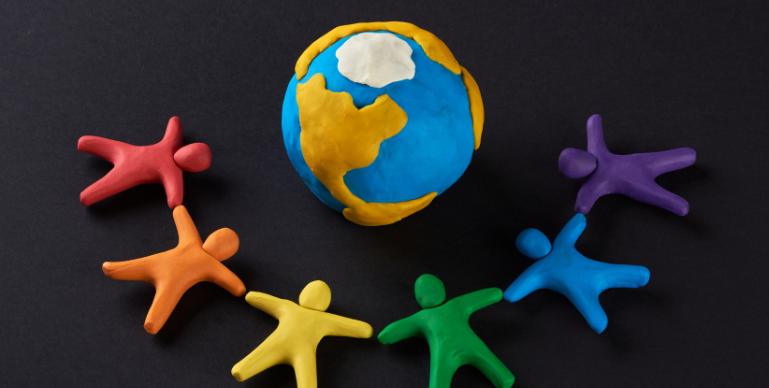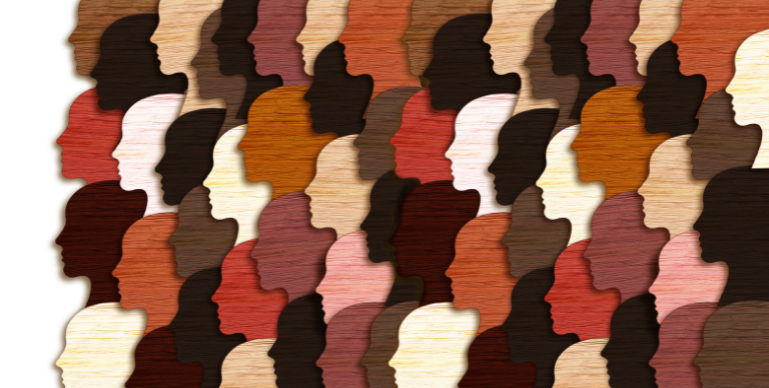Blog







Understanding and respect for diversity are at the heart of effective therapy. Your mental health journey should be supported by a therapist who truly understands and respects your identity.
General or unchanging concepts of culture without considering the multiple aspects of one’s identity may, in fact, stereotype or further stigmatize individuals rather than helping therapists to connect with them in a way that helps them to feel seen. The concept of “Intersectionality” was introduced in 1989 by Kimberle Crenshaw to illustrate the importance of recognizing both gender and race in considering how the “compounded nature” of identities can impact one’s experiences including those of oppression and discrimination. When applying this concept to therapy, we may consider multiple aspects of a person’s identity to inform our approach to therapy. Having a sophisticated and individualized approach to therapy may take more time, research and reflection on the part of the therapist, but taking this nuanced approach to therapy can only benefit our patients.
Here are six signs that your therapist is culturally sensitive. We have created a checklist of these items you can download at the end of this article!

Humility can be the foundation of a great therapist and can help build a strong therapeutic connection between you and your therapist. Entering therapy with a therapist who welcomes feedback and embraces growth doesn’t make you feel like they have all the answers about you and your culture. Therapy works well when you work with your therapist as a team.

When you have very real experiences of discrimination or racism, your therapist understands that there are common experiences for a person of colour or member of a marginalized community, including individuals with a disability or members of the 2SLGBTQIA+ community.
They don’t try to convince you it’s all in your mind but try to instead understand how these experiences have affected you.

Cultural background and various aspects of your identity are topics that are openly discussed in your sessions.
Your culture, background and identity may even be considered in your treatment plan.

While many therapists are well-intentioned, the language they might use to describe you, your family or your culture could be offensive or feel biased.
It’s hard to develop psychological safety when this happens.
A culturally sensitive therapist knows the words they use and how they use them directly impact your comfort level.

Culture is not something that needs to be wiped away, but something that can be celebrated. This is especially true with the aspects that resonate with you and the values you align with.
A culturally sensitive therapist will help explore this with you.

Yes, you’re from a specific background or identify with a specific community, but it doesn’t mean everyone from your culture or community is the same.
You don’t feel stereotyped or judged wrongly by your therapist because their approach to culture is nuanced.
We hope this article helps you to understand what a culturally sensitive approach to therapy can look like. A therapist who values and embraces different cultures, gender identities and ethnicities can make a world of difference in your mental health journey.
Use this checklist to help guide your decision when choosing a therapist to work with. Finding a therapist who has these elements may provide the support you truly deserve. How important is cultural sensitivity for you?
Checklist – Signs your therapist is culturally sensitive
At the Momenta Clinic, our team of diverse therapists thrive on helping individuals from diverse communities we practice in and the communities we also represent. Compassionate and culturally sensitive therapy is available with our therapists online and in Toronto. Our Toronto psychology clinic aims to provide effective psychological treatment and therapy for anxiety, depression, trauma, relationship issues and a variety of other difficulties. If you’re looking to find a psychologist in Ontario or BIPOC friendly or LBGTQ+ friendly therapy, contact us now for an appointment or to learn more!